
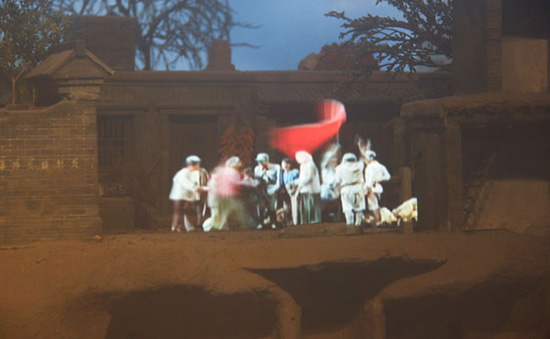 |
| Holograms of celebrating Chinese peasants and soldiers in a museum display. (CRIENGLISH.com/William Wang) |
One can't help but wonder if a museum like this can stir up more anti-Japanese resentment in a country where not quite everyone has made amends with the past. An employee, Ms. Wu, doesn't think so. "This exhibition is objective and correct," she said earnestly. "We use it for academic research, not to arouse any hostility against Japanese. The aim of this museum is to make people aware of this history."
A man surnamed Zhang was visiting from Baoding, and his own reaction to the museum displays seemed conflicted. "You see, [now] the top leaders have communicated with each other, so these things couldn't happen again," he said, before dwelling on what "these things" consisted of. "Those war criminals were really evil. Cutting up their bodies into bits would be better than just shooting them dead."
He admitted he was upset by the exhibit, and his wife was particularly disturbed by some of the more gruesome photos of murdered children. But his conclusion bore no resentment. "We all cherish peace. There is no need for war."
Another visitor, Yan, was in agreement, though he was skeptical about some ideas presented. He nodded toward the photo of aging Japanese veterans, their heads bowed in a ceremonial apology. "I think those people spoke only on the behalf of only a few Japanese," said Yan. "A lot of Japanese are still hostile to Chinese, and it's the same thing in China. Like for my father's generation. They were persecuted by the Japanese, so it's no wonder they're still furious with them."





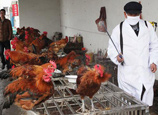

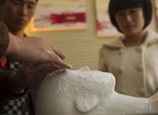
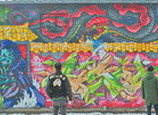

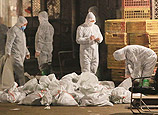







 Shanghai reports 2 more cases of H7N9
Shanghai reports 2 more cases of H7N9


![]()
